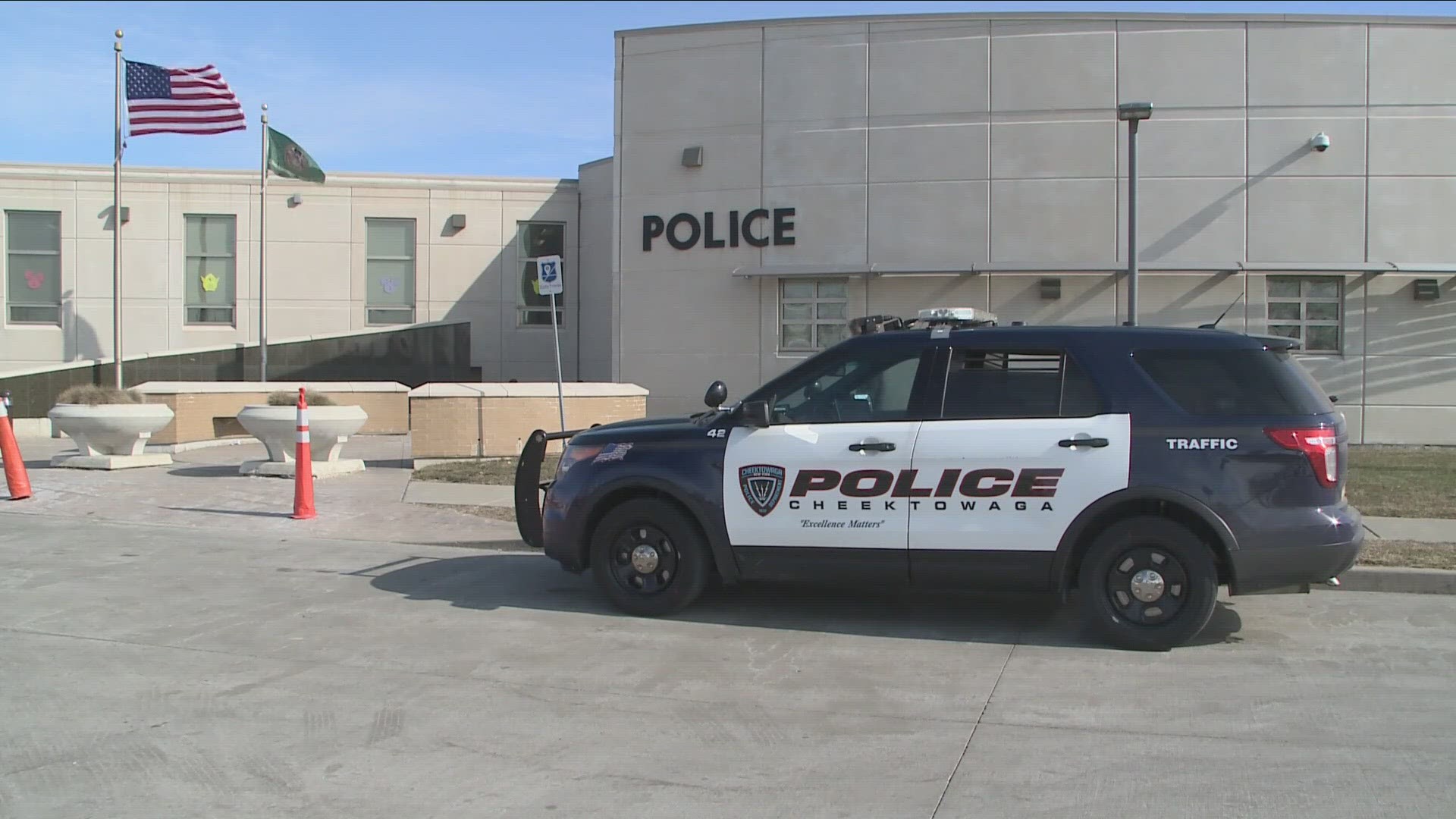CHEEKTOWAGA, N.Y. — On Thursday night local police agencies requested help from the public through a Silver Alert to find a missing woman from Cheektowaga. There was a mention by police that Alzheimer's, dementia, or some other cognitive disorder may be involved.
We are very happy to report she was found and is safe. But her case may underscore the need for resources for families who may also have a loved one in this situation.
2 On Your Side spoke with an expert on the matter from the Western New York chapter of the Alzheimer's Association.
As it turns out this woman, in her late 70s, who lives in Cheektowaga, was able to rent a vehicle to travel to Silver Creek in Chautauqua County, where police eventually located her.
Cheektowaga Police confirm she has since been returned to be with family members.
While there is no actual diagnosis of a cognitive disorder in her case, this situation is no surprise at all to staffers at the Western New York chapter of Alzheimer's Association.
Andrea Koch, who is the training and education manager, told us: "We've heard of folks getting located states away from where they started. People can get pretty far, pretty quick, and sometimes we end up playing a game of catchup where it's like tracking a person's credit card usage as a way to kind of track down where they end up."
Unfortunately, sometimes family members who may live elsewhere may not fully realize what is happening in a senior citizen's condition.
"There's a lot of older folks who don't have local family," Koch said. "And sometimes people are really good at masking their symptoms when you're just speaking to them over the phone. It's not until you're actually physically in their presence that you can really get a feel for the level of impairment a person may be experiencing."
This is why Koch says neighbors may be crucial in the effort to get help. That is even if they want to avoid looking nosy.
"If you're noticing things that are concerning to you, reaching out to a family member in respectful way, and just saying, 'Hey I don't want to overstep, but I have some concerns, and I know that you're not nearby, so you may not be aware of this,' and then provide some specific evidence of what you're seeing," Koch said.
"I think especially in our Western New York winters, things can get dangerous really quickly. So by all means, if you're seeing something, being aware that someone who's just in touch by phone may not have any idea the significance of the situation."
Koch points out it may not be a cognitive disorder issue. A doctor's examination may turn up something else if there is an incident like this one.
"Getting the person checked out physically," Koch said. "It could be something that's not dementia. It could be something like a urinary tract infection that's gone untreated and leads the person to being disoriented. That's very common. It could be vitamin deficiencies. It could be any number of things a person, having sleep apnea and not sleeping long enough, that they become kind of confused and disoriented."
If it is neurological in nature, there may be medical progress pending FDA approval.
"For the first time we have a medication than can slow it down and significantly impact the speed at which the disease progresses," Koch said.
The New York State Department of Health reports 1 in 9 people over 65 in New York State have Alzheimer's or some dementia disorder. The state health department projects that with an aging population there could be 460,000 cases in the state by 2025.
The WNY Alzheimer's chapter offers many resources, including the 24-7 hotline, support groups. medical referrals, counseling, and even help convincing a resistant family member to get checked out.

